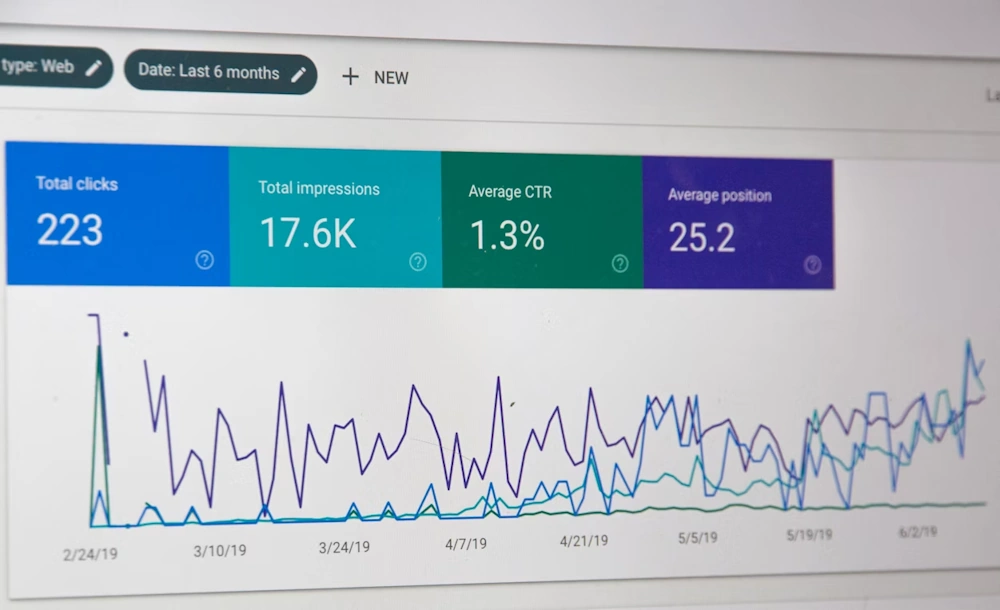Search Engine Optimization (SEO) has become the backbone of digital marketing. Whether you’re running a small online shop, a growing startup, or a well-established company, SEO directly influences how much traffic your website attracts. But how does it actually work, and why does it matter so much? Let’s break it down in simple terms.
SEO Builds Visibility
When someone searches for a product, service, or answer, the first page of Google is where most clicks happen. If your site isn’t showing up there, chances are you’re missing out on potential customers. SEO improves visibility by aligning your website content with what users are actively searching for.
Keywords Connect You With Customers
At the heart of SEO are keywords. These are the phrases people type into search engines. By identifying and using the right keywords in your content, product pages, and blogs, your website becomes more discoverable. For example, a business selling tech accessories might target terms like second-hand wireless gaming headphones to capture searches from buyers looking for quality but affordable gear. Using keywords naturally and strategically helps bring the right visitors to your site.
Quality Content Drives Engagement
Google’s latest core updates emphasize helpful, high-quality content. That means simply stuffing keywords into a page no longer works. Instead, your site needs well-written, relevant, and engaging content that answers real questions. Blog posts, guides, tutorials, and reviews not only attract visitors but also keep them on your site longer, signaling to Google that your content is valuable.
SEO Improves User Experience
Search engines now look beyond keywords. They consider site speed, mobile responsiveness, navigation, and overall usability. A slow-loading site or one that’s hard to use on a phone will struggle to rank. SEO strategies often include technical improvements that make your site faster and easier to use, which boosts traffic and conversions.
Backlinks Build Authority
Another big factor in SEO is backlinks. When other reputable sites link to your content, it signals to Google that your website is trustworthy. The more authority your site has, the higher it’s likely to rank. Building backlinks through guest posts, partnerships, and share-worthy content can be a game-changer for traffic growth.
Local SEO Reaches Nearby Customers
For businesses that rely on foot traffic or local markets, local SEO is essential. Optimizing for location-based searches, like “best café near me” or “currency exchange in Cardiff,” makes your business visible to nearby customers. Google Maps, reviews, and local directories all play a part in attracting targeted local traffic.
SEO Delivers Long-Term Value
Unlike paid ads, which stop driving traffic once you stop paying, SEO keeps working over time. An optimized blog post or product page can continue attracting visitors for months or even years. This makes SEO one of the most cost-effective digital marketing strategies for long-term growth.
Analytics Help Refine Strategy
SEO isn’t a one-time task. Using tools like Google Analytics, you can track which keywords, pages, and strategies bring in the most traffic. From there, you can refine your content, improve weak spots, and focus on what’s working best.
Final Thoughts
SEO isn’t just about ranking higher on Google. It’s about connecting your business with the right audience, improving user experience, and creating content that genuinely helps people. From targeting specific keywords to building backlinks and optimizing site speed, every step of SEO directly impacts your traffic.
If you want your website to grow, investing in SEO is not optional; it’s essential.



